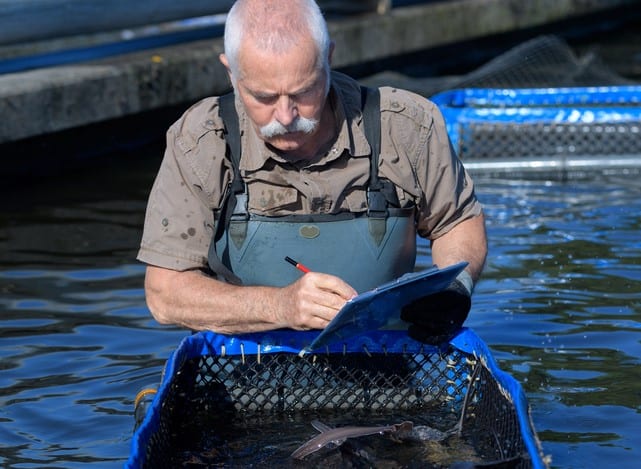
Starting an aquaculture business in Australia can be an exciting and rewarding endeavour. However, it is important to be aware of the various licenses and permits required to operate a successful and legally compliant aquaculture business in Australia. In this blog post, we will outline some of the key licenses and permits required for aquaculture businesses in Australia.
Aquaculture Permit: In order to operate an aquaculture business in Australia, you must first obtain an aquaculture permit from the relevant state or territory government authority. The permit will outline the species you are allowed to farm, the location of your farm, and the maximum amount of fish or other aquatic animals you are permitted to grow.
Development Approval: If you plan to construct new structures or modify existing ones for your aquaculture operation, you may need to obtain development approval from the relevant local council or state government authority.
Environmental Licenses: Aquaculture businesses in Australia are subject to a range of environmental regulations, including laws relating to water quality, effluent management, and waste disposal. You may need to obtain one or more environmental licenses or permits to ensure compliance with these regulations.
Food Safety Licenses: If you plan to sell your aquaculture products for human consumption, you may need to obtain a food safety license from the relevant state or territory government authority. This license ensures that your products are safe and meet all relevant food safety standards.
Fishing Licenses: Depending on the species you plan to farm, you may also need to obtain fishing licenses for commercial or recreational purposes.
Workplace Health and Safety Licenses: As an employer, you have a duty of care to ensure the health and safety of your workers. Depending on the size and nature of your aquaculture operation, you may need to obtain workplace health and safety licenses or certifications.
Import/Export Licenses: If you plan to import or export aquatic animals or products, you may need to obtain import/export licenses from the relevant government authorities.
It is important to note that the licenses and permits required for aquaculture businesses in Australia can vary depending on the state or territory in which you plan to operate. It is recommended that you consult with the relevant government authorities and seek professional advice to ensure that you comply with all relevant laws and regulations.
In conclusion, starting an aquaculture business in Australia can be a complex process, requiring various licenses and permits to ensure compliance with relevant laws and regulations. By obtaining the necessary licenses and permits and complying with all applicable laws and regulations, you can ensure the success and sustainability of your aquaculture business.



